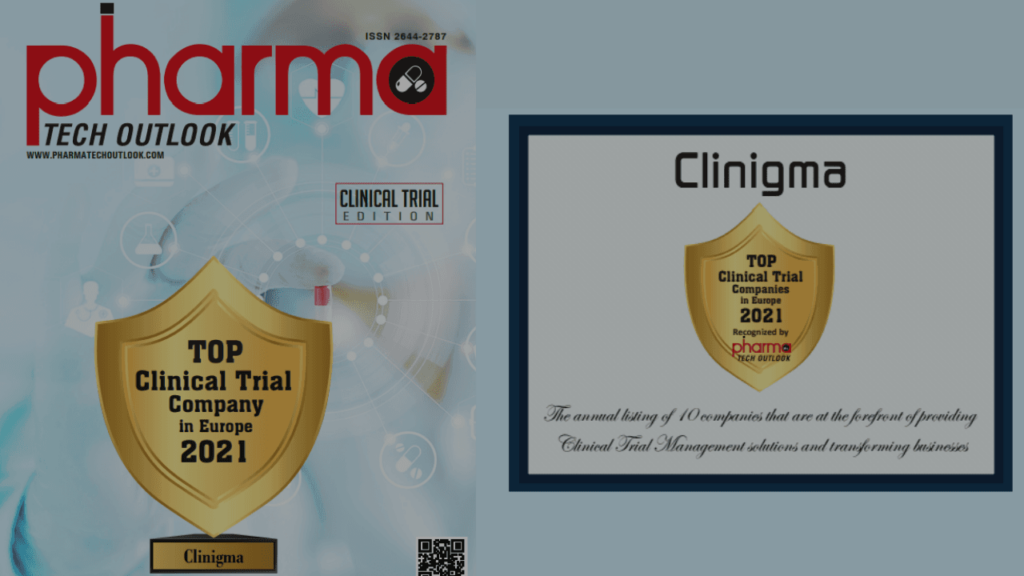When pharmaceutical companies develop new medicines, they are required to comply with regulatory requirements by reporting and publishing their clinical results. Adhering to these requirements incentivises pharma to design their trials, choose comparators, and pre-specify the endpoints in a way that they feel most sure to win. The result is that the reported findings from the trial may not give the full picture of the investigational drug; failing to capture all of the benefits the drug may have.
Structural challenges in designing early clinical trials
The shortfall in data collection arises already in phase I and phase II clinical trials, which primarily focus on providing answers to how the drug works and if the drug is safe for use in humans. Small samples of subjects are usually selected to participate in the trials, and this combined with the need to generate knowledge about the pharmacodynamics and pharmacokinetics of a prospective drug often leads to little information about the effectiveness of the product being collected.
Even if patient-reported outcomes (PROs) were included in the early phase I or phase II trials, the low number of trial subjects inhibit pharma’s ability to fully understand how patients feel about the study medication. Furthermore, the situation does not improve much when the larger phase III trials are designed, as the main source of evidence for a phase III trial is the early phase I and II clinical trials.
For the safety of patients, health authorities have set up a structured process to ensure that the negative experienced effects or so-called adverse events (AEs) are reported throughout the clinical trials. Interestingly, no such structured reporting process exists for documenting and reporting the positive effects experienced by the users. The question this can pose is: Does it matter whether or not pharma captures all benefits of an investigational drug, or asks potential users to review their drug before it reaches the market?
Post-launch is often too late to learn of unforeseen added benefits and opportunities
The informed response is: Yes, it does matter. All the benefits of an investigational drug observed during clinical trials should be captured and documented before a drug is released into the market.
The reason why it matters is that once the drug is on the market, it may be too late to properly address additional product benefits that begin to surface from real-life patient experience. The difficulty in this scenario is that the large clinical trials with the most relevant comparators are over and it can be hard to convince the organisation to do or redo a clinical trial because an additional attribute has been discovered or another PRO could have better captured the users’ responses on the drug attributes. Is the company open to take the cost and risk of re-doing a clinical trial to gain an additional benefit? In reality, this is often not the case.
An alternative example is that it may come to light that patients or doctors simply do not think that the way the drug is administered fits in well enough with their daily activities.
Moreover, by the time a drug is launched, the marketing department has already developed materials to support the product. Also, the company’s sales representatives will have been out talking with doctors about the value of the drug. The impact of the roll-out of these activities needs to be weighed by asking: Is the additional benefit worth changing the whole messaging and promotion campaign?
At this late stage, the price of the drug will have already been negotiated with the payers and thus it will be challenging to get the additional value recognised. Once the initial pricing is set, it is most often too late to ask for higher prices. It is therefore smart to ask: What can be done to avoid such a situation?
Exit interviews – a good source of early insights
A simple solution is the so-called exit interviews which are becoming increasingly popular among pharmaceutical companies – for good reasons. Through these interviews, it is possible to hear the users (investigators, nurses, and/or patients) elaborate on their views and experiences of an investigational drug after they have participated in a clinical trial.
Exit interviews on completion of a clinical trial can help pharma structure the feedback received from investigators, nurses, and/or patients to provide a more holistic picture of the drug. The feedback from these interviews can thus help take out much uncertainty around what the users think of an investigational drug (positive/negative), how it impacts their daily life, and how they prefer to use it, which can guide the trial designs, choice of endpoints and PROs for subsequent clinical trials.

Are exit interviews a solution for you?
Exit interviews are an aid that can be used to potentially gather early insights about the users’ overall experiences and views of an investigational drug.
Exit interviews can capture user experiences and views and help answer questions, such as:
- In what way does the study medication impact their daily ability to function?
- What degree of meaningfulness is associated with the related changes (positive and negative) experienced by using a treatment?
- What do they like about the drug? What symptoms/impacts are most important to the users?
- How do they prefer to use the drug? Do they have suggestions for improvement? For example, when to use it? the administration? taste? etc.
- What is their overall experience of taking the medication? In what way does it bring a solution to their unmet needs?
Following this, the feedback from the exit interviews can support and help facilitate interpretation of data from the more traditional PROs and/or clinical measures.
In conclusion, two questions to ask yourself:
- Have you thought of what value it can bring to your organisation to hear the views of users of your investigational drug?
- Do you have a clinical trial that is soon scheduled to report its findings, and would you like to hear what users think of your drug before designing your next trial?


